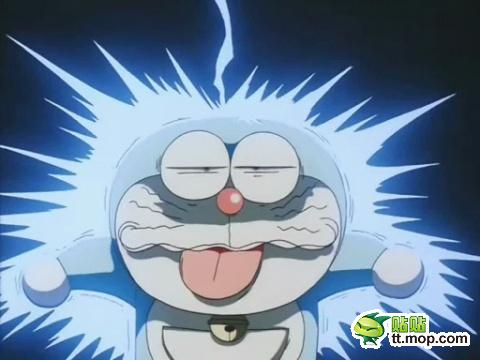As stated in the title, what would be the Chinese equivalent of the popularly-used term (for kids) "Oh BURN"? I understand it should be used mostly after an insult. I Googled and found nothing but pictures of burnt stuff...
EDIT: yes it is the retort after (or followed by) an insult. One will normal see this instead: "Ohhhh Burn!!!!"

MonicainsultsJoey. OnlookerChandlerwatches the exchange betweenMonicaandJoey, and says "Burn!" to mean: "I acknowledgeMonica'sinsult as not just a quality insult, but also an amusing/funny one.Joey, you just got served (a dish of insult justice.)" Hope that helps.